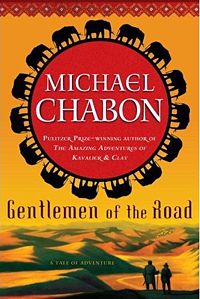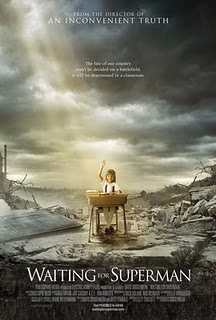This afternoon, I had the opportunity to go on a soundwalk with Canadian composer
R. Murray Schafer. Schafer is a fascinating composer, perhaps best known for coining the term "soundscape" and drawing attention to the way the world around us sounds. He began putting together a
World Soundscape Project in the late 1960s that made attempts to record the soundscapes of various cities and regions and then began asking questions about how rapid industrialization was impacting what we hear and therefore how we live. He went so far in his 1977 book
Tuning the World to propose that we always ask what impact new sounds would have on the soundscape before releasing them into the world.
For the soundwalk, Schafer seemed to have two goals: 1. make us begin using our ears, and 2. to tune us in to Ottawa's soundscape. We started the walk with a few ear cleaning exercises: we closed our eyes and he and an assistant walked around the room constantly talking and we had to follow them with our hands; he passed around a sheet of newspaper and we each had to make a new sound with it; we had to fill in the blank as to what sound an object would make before we heard it. Then, we stepped out into the busy Ottawa downtown.
I wasn't sure what to expect, but focusing on the sounds around me rather than the running dialogue constantly in my head was an amazing experience. Schafer stopped us every once and a while and asked pointed questions about what we were hearing - the sound furthest from us, the lowest sound we heard, what definite pitches we discovered. Then, when we arrived in a large park, half of us were blindfolded and led to a space we had never been. He ran around making sounds (shouting, crinkling, banging, scuffling) and then asked us to describe where we were. I was fortunate enough to be one of the blindfolded participants, and I can't remember when I've ever used by senses as deeply. There were certainly aspects I missed, but the simple act of listening opened up new worlds.
I'm now extremely curious to listen on the soundscape of my every day life. Schafer is right that just as we destroy old buildings without a thought, we destroy sounds than can never be recaptured. He's proposing something of an eco-music where we actively work to conserve sounds before they disappear, but its a hard sell in a world where even musicians like myself rarely truely listen.




